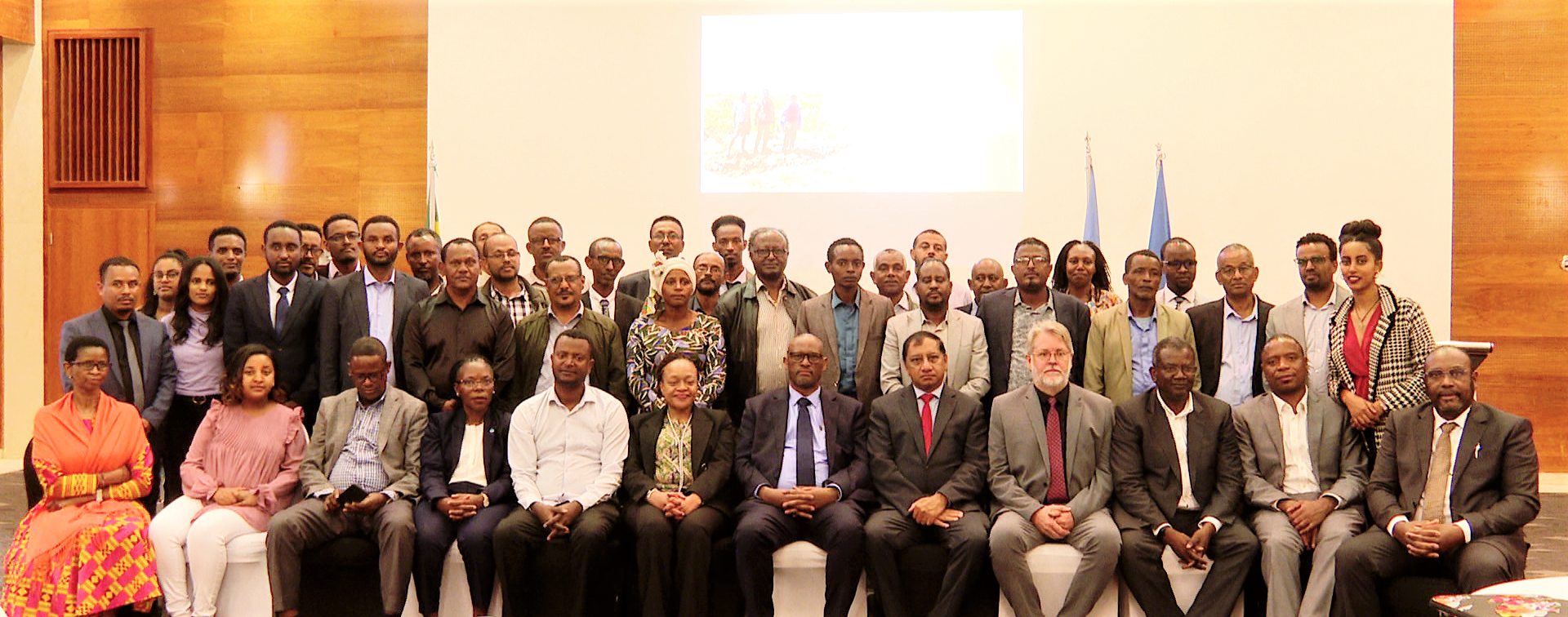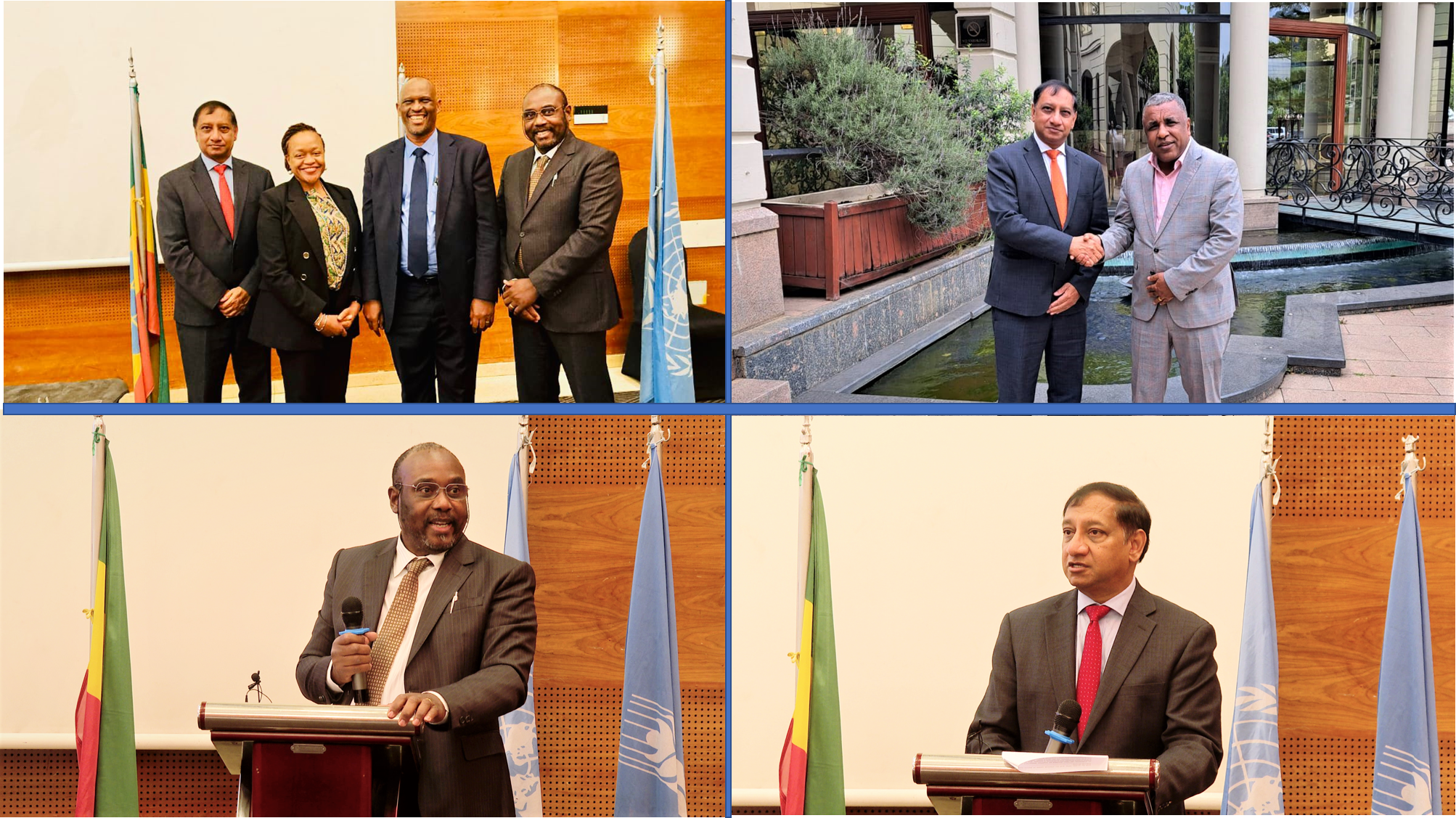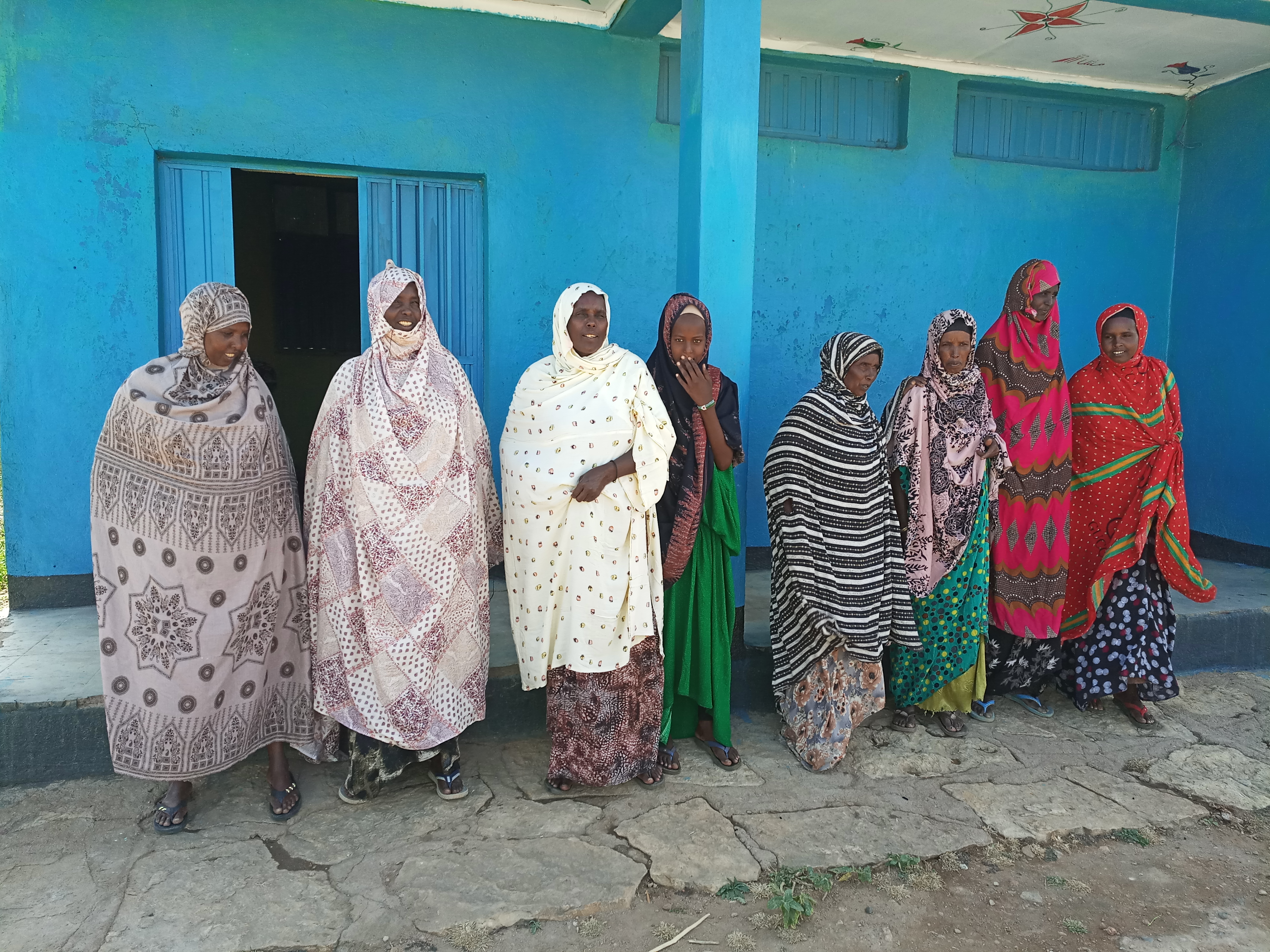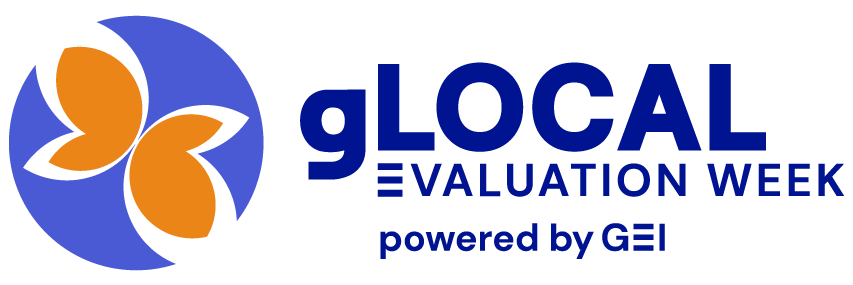Moving from practice to policy in Ethiopia - IOE
Addis Ababa, 6 June 2023 – IFAD’s Country Strategic Opportunity Programme in Ethiopia has contributed to numerous institutional and policy changes, due to the direct usage of project results and expertise by government actors. The effective commitment and ownership of the Government of Ethiopia towards the IFAD-supported programme was highlighted during the national workshop organized to present the third country strategy and programme evaluation (CSPE) on Ethiopia, on 6 June 2023.

“The country strategy and programme was successful in contributing to achieving government’ strategic priorities, by addressing fragility causes in rural areas. Through effective commitment and ownership by the Government, the programme enabled enhancing the resilience of ecosystems and livelihoods in remote vulnerable areas of Ethiopia”, stated Dr Indran A. Naidoo, Director of the Independent Office of Evaluation of IFAD (IOE), in his opening statement.
Co-organized by IOE, in collaboration with the Ministry of Agriculture of the Government of Ethiopia and IFAD’s East and Southern Africa Division, the CSPE learning event took place in Addis Ababa. This was the first CSPE workshop to be organized by IOE in-person, since the COVID-19 pandemic. The event brought together a wealth of high-level attendants, including Prof. Eyasu Elias, State Minister, Ministry of Agriculture. Over 70 participants joined the event representing the Ministry of agriculture, the Ministry of Irrigation and Lowlands, the Development Bank of Ethiopia, the Association of Ethiopian Microfinance Institution, civil society and non-governmental organisations, the Irrigation Water Users Association, as well as representatives of international partners (FAO, World Bank, WFP and CGIAR centres) and others. Ms Sara Mbago-Bhunu, Regional Director, East and Southern Africa, also attended the event.
The CSPE covered the period 2015-2022, and focused on an IFAD portfolio of nine projects, five of which have been completed. The evaluated portfolio amounted US$1.8 billion, with an IFAD financing of 654.1 million. The World Bank, European Investment Bank, and African Development Bank provided co-financing. During the evaluated period the country has faced challenges of droughts and conflicts in several regions.
During the workshop, participants discussed the main findings, recommendations and issues emerging from the CSPE. The meeting also provided an opportunity to focus on the opportunities and challenges of the partnership between IFAD and the Government in the near future, and discuss strategic priorities for IFAD's upcoming programme.
Important policy-related results achieved included the institutionalization of Irrigation Water User Associations with the related Proclamation; the revised Proclamation on banking supervision for enabling better inclusive finance, including the governance framework; and the development of various cooperative directives for different types of cooperatives including savings and credit, production, marketing, consumer, and multipurpose cooperatives.
Presenting the findings of the CSPE at the workshop, Dr. Kouessi Maximin Kodjo, Lead Evaluation Officer at IOE, underscored that the IFAD programme promoted various social, technological and financial innovations.
“Policy change results were achieved thanks to results of IFAD-supported projects, for instance: Proclamation of Irrigation Water Users Associations (IWUAs); the improvement of cooperatives directives and enhanced regulation and supervision procedures for MFIs. Additional achievements were: increased access to financial services for rural people (especially women); improved access to social and economic infrastructure; improved ecosystem resilience due to the introduction of sustainable practices of watershed and rangelands management; and increased agricultural production due to irrigation schemes and improved practices of farming (crop and animal)”, affirmed Dr Kodjo.

In this regard, event participants noted that the programme also facilitated increased access to a range of financial services by poor rural households through microfinance institutions and Rural Savings and Credit Cooperative (RuSACCOs). Moreover, the microfinance institutions more than doubled their clients, from 4.7 million in 2012 to 11.9 million in 2019. The credit line of the programme enabled microfinance institutions to adopt risk-based interest rates, and to diversify into agricultural loans, individual loans, salary-based loans for government employees, post-harvest loans, youth loans, and housing loans.
Other notable achievements include a significant contribution of supported operations to improving access to social infrastructure by pastoral and agro-pastoral communities. Examples of social investments include 1,481 water supply units, 2,236 schools, 897 health posts, and 1,394 kilometres of rural roads. The portfolio of projects also promoted the formation of various community-based groups and cooperatives, which play critical roles in resilience building strategies.
Event participants recognized that opportunities for improvement remain. The IFAD-supported programme did not apply a full value-chain approach to support agricultural development. This led to insufficient post-production actions, including in relation to storage, processing and access to markets through partnerships with private actors. Sustainability is also a matter of concern, as irrigation water user associations face challenges in ensuring technical maintenance of irrigation schemes, and sustaining the credit lines for microfinance institutions and RuSSACOs also remains a challenge.
“We must always strive to do better and the CSPE usefully highlights several areas for improvement, with the overarching goal for enhanced development effectiveness and sustainable rural development in the country”, sated Sara Mbago-Bhunu, speaking on behalf of Donal Brown, Associate Vice-President, Programme Management Department, IFAD.
Other concerns included effectiveness gaps in rural finance and agricultural production systems. In particular, the CSPE found skewed access to credit lines in favour of big regional and governmental microfinance institutions compared to smaller ones and RuSACCOs. The report also uncovered the limited availability of Islamic-friendly financial products, weak cooperatives that are not capacitated to perform primary aggregation services for access to markets, and deficiencies that prevent optimal exploitation of irrigation schemes.
Building on the successes and addressing the existing challenges, it is recommended that future programmes include strategic objectives related to pro-poor value chain development; to enhancing resilience building, especially in remote fragile rural areas; to consolidating and sustaining results achieved in relation to financial inclusion, to upscaling the implementation of the gender transformative approach to other projects; and to facilitate the sharing of lessons to enhancing the consolidation of results achieved within the programme and the national agriculture sector.
Since 1980, IFAD approved 21 loan-funded projects in Ethiopia with a total cost of US$2.33 billion, of which US$839.5 million (36%) financed by IFAD. Ethiopia is categorized as a low-income country with a Gross Domestic Product (GDP) per capita of US$936 in 2020. Food insecurity and malnutrition remain a major concern across the country, with an estimated 20.4 million people in need of assistance and more than 30% of the households consuming below the minimum daily nutritional requirements. In 2022, the food insecurity situation was exacerbated by conflict and draught. Despite of these challenges, between 2015 and 2022, the country recorded a significant increase of its GDP per capita, which increased from 640.5 in 2015 to 921.1 in 2021 (according to World Bank data).
For further information, please contact Alexander Voccia [here]
RESOURCES
- To access the draft Ethiopia CSPE report, please click here.
- To access the Ethiopia CSPE workshop agenda, please click here.
- To access the Ethiopia CSPE workshop concept note, please click here.
- To access the interview with H.E. Dr Girma Amente, Minister of Agriculture of Ethiopia, please click here.
CONTACTS


